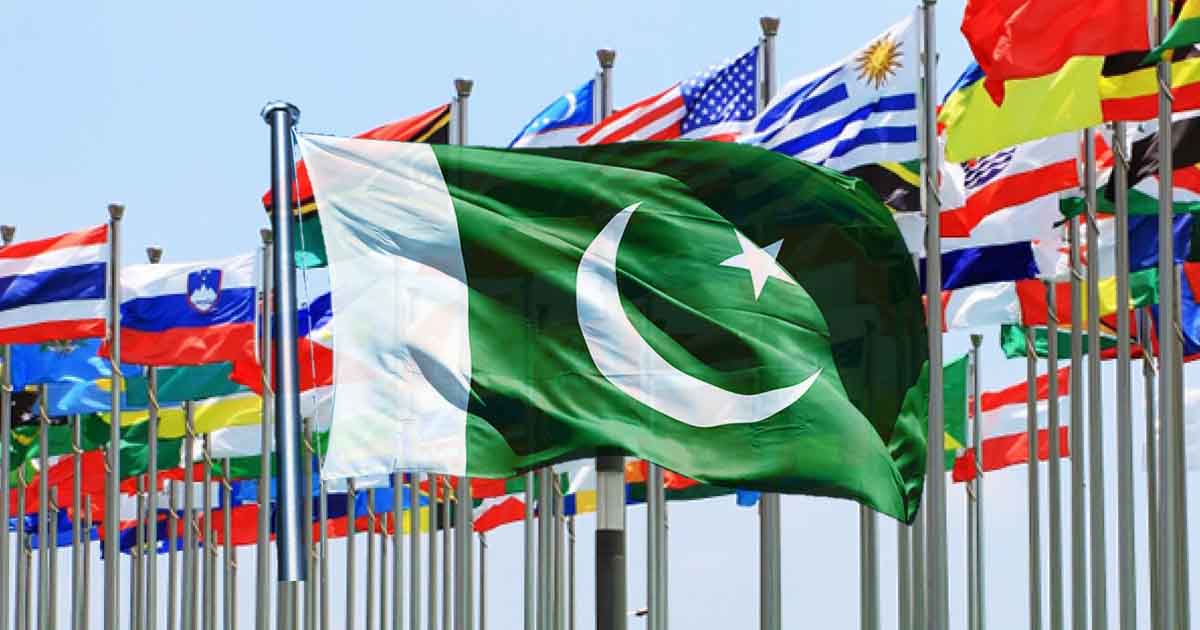Editorial
Sanitary workers are the most marginalized group in Pakistan. Therefore, governmental and non-governmental actors must play their part in uplifting the socio-economic standards of sanitary workers. Following are the brief recommendations for the rights and development of sanitary workers in Pakistan.
The government should enact comprehensive legislation that explicitly recognizes and protects the human rights to water, sanitation and hygiene (WASH) for all citizens, especially the marginalized and vulnerable groups such as sanitation workers. The legislation should also define the roles and responsibilities of different authorities and institutions at the federal, provincial and local levels and establish mechanisms for monitoring, accountability and redressal of grievances of sanitary workers. The government should ensure that all sanitation workers are paid a fair and decent wage that is at least 50% higher than the national minimum wage, as suggested by the Justice for Sanitation Workers movement. The wage should also reflect the hazardous and essential nature of their work, and be paid regularly and timely. The government should also provide social security benefits, health insurance, medical leave, weekly holidays, and other entitlements to all sanitation workers, regardless of their contractual status.
The government should ban all forms of discrimination and stigma against sanitation workers on the basis of their religion, caste, ethnicity, gender or any other grounds. The government should also prohibit any advertisement or recruitment policy that restricts sanitation jobs to non-Muslims only, as this violates the Constitution of Pakistan and the human dignity of sanitation workers. The government should also promote awareness and education among the public and employers about the rights and contributions of sanitation workers and foster a culture of respect and appreciation for them.
The government should invest in modernizing and mechanizing the sanitation sector and eliminate the practice of manual scavenging of sewers, which exposes sanitation workers to health risks, injuries and deaths. The government should provide adequate equipment, protective gear, training and safety measures to all sanitation workers and ensure that they work in hygienic and dignified conditions. The government should also provide rehabilitation and compensation to the families of sanitation workers who have lost their lives or suffered from diseases due to their work.
The use of technology and equipment can make their working conditions better. Therefore, there is a need for governments and organizations to invest in cleaning tools and equipment. The technological equipment and safety measures can safeguard the working environment for the sanitary workers.
Pl, subscribe to the website of the republicpolicy.com

















